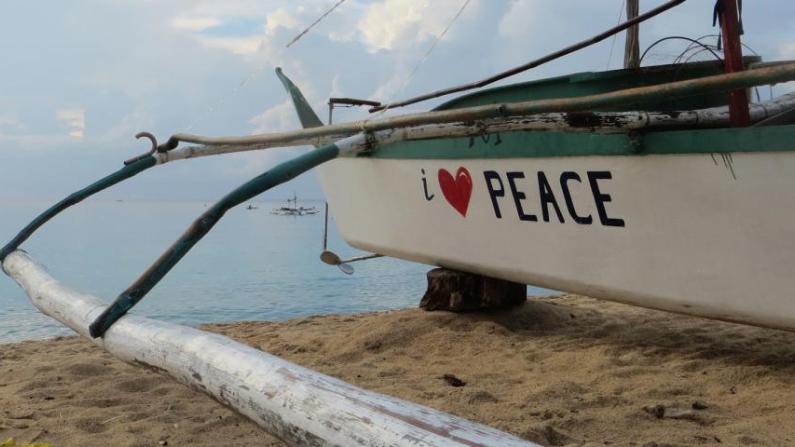Statement on the proposed Bangsamoro Indigenous Peoples Development Act of 2024

Similar to the Moro people, non-Moro indigenous peoples (NMIP) have been subject to histories of colonization and systematic marginalization including land dispossession, discrimination on the basis of their religious, ethnic or cultural identity, and exclusion from decision-making spaces. In the complex context of the Bangsamoro, characterized by decades of structural and direct violence and overlapping historical grievances, the NMIP have been in a particularly vulnerable position given their situation as a minority within another minority.
While indigenous peoples outside the Bangsamoro have achieved protection of their rights through the 1997 Indigenous Peoples Rights Act (IPRA), NMIP have effectively been excluded from the same legal rights due to their location within the autonomous region and related ambiguities regarding the applicability of IPRA in the region. We acknowledge that the Bangsamoro Autonomous Region in Muslim Mindanao (BARMM) government has made significant steps in its obligation to protect the rights of indigenous peoples through the participation of indigenous peoples in the peace negotiations between the Moro Islamic Liberation Front (MILF) and the Philippine government, the inclusion of 13 provisions on indigenous peoples’ rights in the Bangsamoro Organic Law, the requirement of two reserved seats within the Bangsamoro parliament for non-Moro indigenous peoples, and the establishment of the Ministry on Indigenous Peoples Affairs. We also commend the drafters of the Bangsamoro Indigenous Peoples Development Act for addressing some of the shortcomings of the ancestral domain delineation process as prescribed by IPRA, such as guaranteeing a free and speedy delineation process and involving relevant land administration agencies early on in the process.
Nevertheless, we remain concerned with the way the bill is currently formulated, particularly the shift away from the recognition of indigenous peoples’ inherent and pre-existing rights to self-determination, a right that is firmly established in the Philippines Constitution, IPRA, and international law. Instead, the draft law utilizes assimilationist and paternalistic language of ‘protecting’ and ‘developing’ a minority population, thereby degrading indigenous peoples to objects of governance and reducing the totality of indigenous rights to development alone. By referring to the Bangsamoro as a single ancestral domain and replacing existing, diverse indigenous governance structures with a unified agency, the bill risks denial of the plurality of distinct indigenous identities. Non-recognition of IPRA’s application in the BARMM and of previously started land delineation processes further triggers fears of additional loss of control over ancestral domain – land that is essential to indigenous peoples’ cultural survival. The draft law, if passed, is thus expected to exacerbate pre-existing apprehension and feelings of marginalization among indigenous peoples. In a context that is already characterized by the insecurities inherent in a transition period and in which conflicts about identity and land are intensified, the uncertainty created by the proposed law and the potential for shortcomings in the protection of indigenous peoples’ rights run the risk of feeding into existing divisions and conflict factors.
We strongly believe that the transition period represents a critical opportunity to address shortcomings of the past and create a more robust legal framework where indigenous peoples are recognized as subjects with distinct identities; a sovereign people with their own governance structure, culture, and tradition. We maintain that recognizing indigenous peoples as subjects, rather than objects, of governance is the only way of addressing histories of colonization and marginalization. Full legal recognition of the rights of non-Moro indigenous peoples in BARMM legislation is critical in ensuring their exercise of self-governance, safeguarding their cultural survival as indigenous peoples, preserving the diversity of their cultural heritage, guaranteeing equal access to and influence over decision-making processes, and promoting a lasting peace in the Bangsamoro.
Signed by:
Amabella Carumba, IP Advocate
Darussalam Al-Farouq Youth Organization
forumZFD
Indigenous Women Resource Center
Learned Kagan Muslim Foundation, Inc.
Lumad Husay Mindanaw
Mindanao Peace People's Movement
Non-Moro Indigenous Peoples Council
Samal Island Muslim Communities Development Center, Inc.
Task Force Bantay Kalikasan
Timuay Justice and Governance
Comments
Post a Comment